Mainstreaming Gender Equality in Digital Transformation Policies through Capacity Building
UNESCO
Session 383
In line with Action Line 3: “Access to Information”
This WSIS stakeholder workshop will build on the findings of UNESCO reports on “The Effects of AI on the Working Lives of Women” and “Multistakeholder AI Development: 10 building blocks for inclusive policy design”. It aims at fostering important conversations about the impacts of the increasing use of advanced technology on women’s equality and how to equip policy makers with the necessary tools to promote gender equality at the national level.
Specifically, the workshop will cover six key elements related to AI and the working lives of women, which are:
- Reskilling and upskilling women workers: AI is changing the labour market, bringing new skill demands to the workers of the future. How can policy makers close the gender digital divide and ensure women have the skills needed in a digital work force?
- Encouraging women in STEM: To get more women leading in AI and technological development, the education of women and girls in Science, Technology, Engineering, and Mathematics (STEM) fields should be supported. How can this be done from a government perspective?
- Accounting for contextual and cultural complexity: With diverse labour markets, economies, cultures, and gender norms, AI-based tools and technologies will impact women’s work in a variety of ways across the globe. How can these contextual and cultural complexities be addressed when designing and implementing AI policy and regulation?
- Leveraging multi-stakeholder approaches: Governments, private sector companies, technical communities and academia need to engage and take responsibility surrounding the impact of AI tools and systems on women. How can governments ensure they create and promote policies that consider the potential impact of AI systems on vulnerable groups?
- Transforming negative gender norms: There is a powerful connection between norms and stereotypes surrounding women’s work and how these stereotypes are further shaped by, and encoded into, AI systems. What are potential threats of emerging technologies on women’s equality and what are best practices to tackle ensure inclusive digital transformation?
- Continuing applied research: More applied research is needed to show how AI systems are impacting work generally and women’s work in particular. Why is it advisable for governments to share information on how their AI systems function? What are current gaps that still need to be explored further through research? What role does Open Data play in this domain?
Session Goals:
- Inform and foster conversations with key stakeholders about the impacts of emerging technology on women’s equality in education and the workplace.
- Identify capacity building needs of policy makers to ensure digital transformation is gender-inclusive
- Seek input from experts on successful capacity building approaches to ensure gender equality in policy making processes
- Identify relevant action points and potential initiatives based on the report findings to translate principles into practice
- Identify capacity building needs of policy makers to ensure multistakeholder engagement in digital transformation processes
- Foster exchange between stakeholders on multistakeholder approaches to digital policy processes under a gender lense
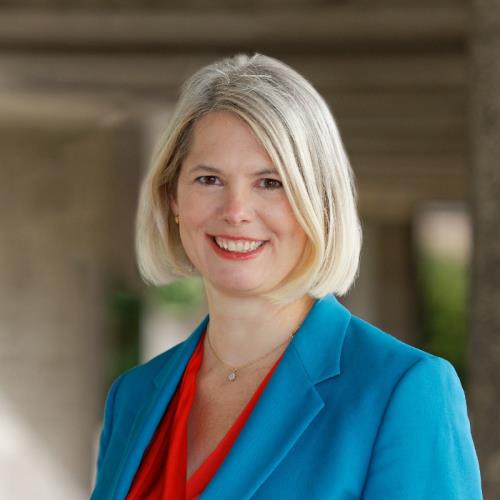

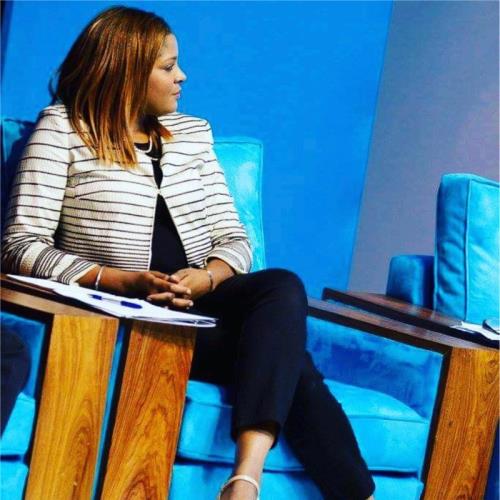


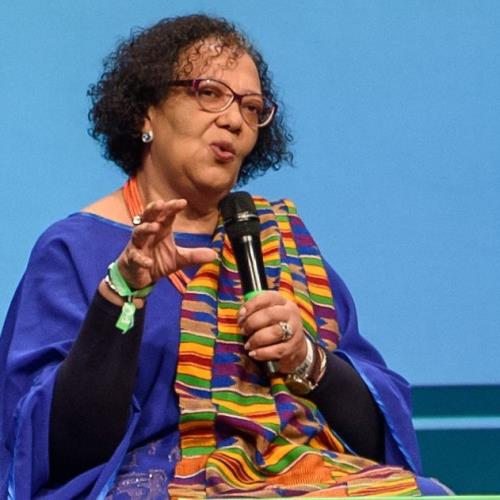
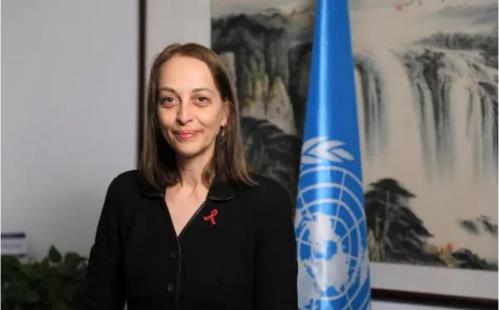

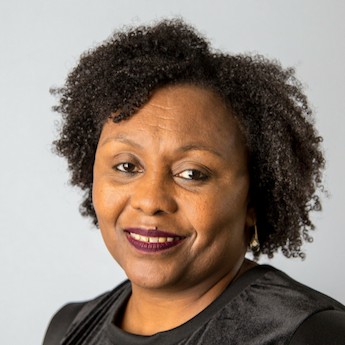
Onica N. Makwakwa leads the multi-stakeholder engagement across Africa for the Alliance for Affordable Internet focusing on advancing good practices in policy and regulatory frameworks for affordable and meaningful access to broadband. She also convenes the Africa Summit on Women and Girls in Technology. She is also a doctoral student at the University of Illinois at Urbana-Champagne where she’s studying Global Education with research interests in digital inclusion.
Onica has managed and pioneered various national and international campaigns, policy change processes for women’s rights, civil rights, consumer rights, as well as media and digital transformation initiatives. She brings a strong sensitivity and unique perspective to the dynamics affecting women, and other disadvantaged populations.
-
 C3. Access to information and knowledge
C3. Access to information and knowledge
-
 Goal 4: Ensure inclusive and equitable quality education and promote lifelong learning opportunities for all
Goal 4: Ensure inclusive and equitable quality education and promote lifelong learning opportunities for all
-
 Goal 5: Achieve gender equality and empower all women and girls
Goal 5: Achieve gender equality and empower all women and girls
-
 Goal 16: Promote just, peaceful and inclusive societies
Goal 16: Promote just, peaceful and inclusive societies
